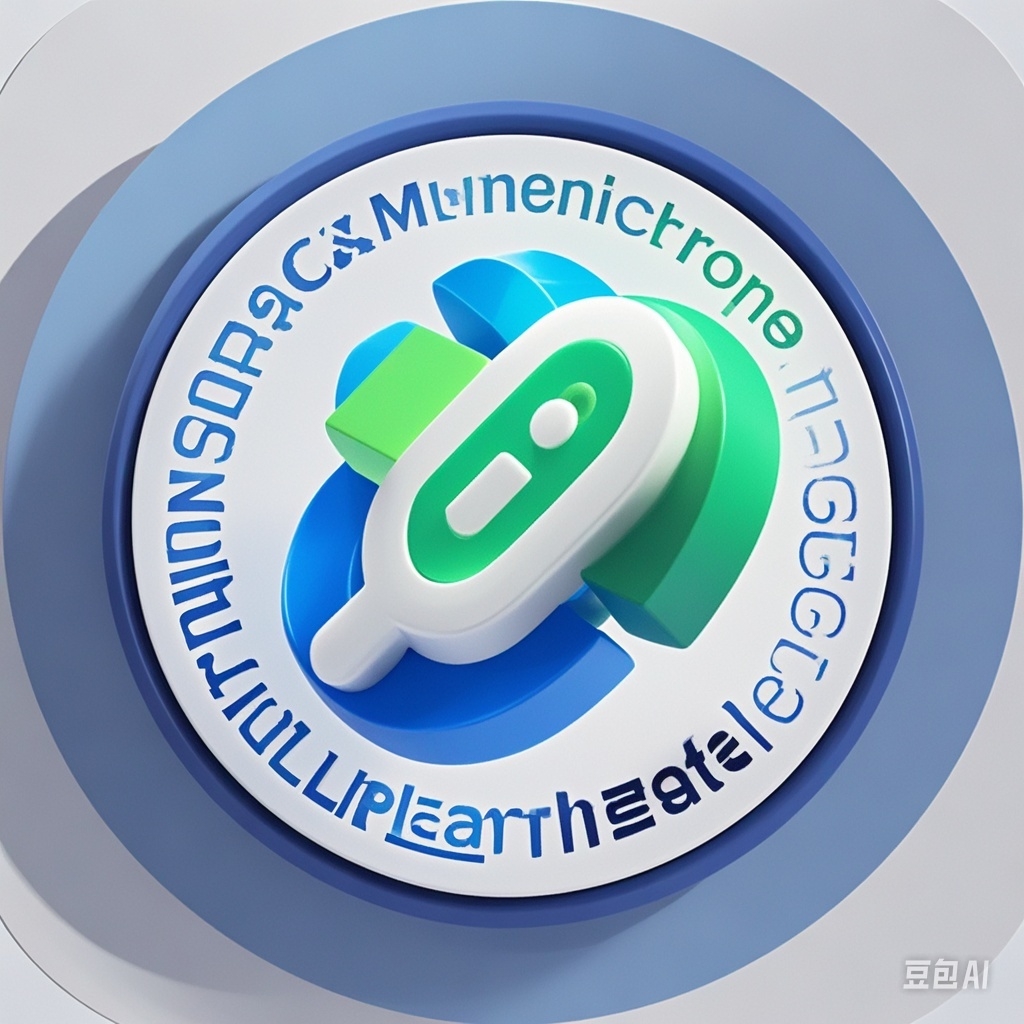获取结果失败,请稍后再试。

智能问答助手

结合文献知识库,保留通用大模型的能力,为您提供知识问答服务!
通用大模型
RAG知识库问答

Garrido-Rubio, Jesus , Sanz, David , Gonzalez-Piqueras, Jose , Calera, Alfonso
2019-11-01 null null 37(卷), null(期), (null页)
The sustainability of groundwater abstractions for irrigation practices must be monitored to achieve a long-term equilibrium in aquifers. The accounting of irrigation water requirements in river basin management plans is commonly and mainly calculated by combining the average multiannual irrigated surface estimates and the unitary crop water requirements. However, remote sensing approaches allow water managers to incorporate more dynamic knowledge of a territory by monitoring irrigated crops. Hence, time series of biophysical products processed from Earth Observation data for 4 years (2010-2013) were incorporated into a remote sensing-based soil water balance to estimate spatially distributed irrigation water requirements on a monthly time scale over a semiarid environment, where agricultural practices greatly depend on groundwater resources. The simulated monthly water abstractions were then evaluated regarding monthly groundwater level changes recorded from a piezometric network. The results indicated that groundwater level changes on a monthly scale could be explained in more than 75% of the cases. Therefore, a simple remote sensing-based approach brings temporally and spatially distributed information of great practical value to river basin water managers according to their management necessities.
关键词